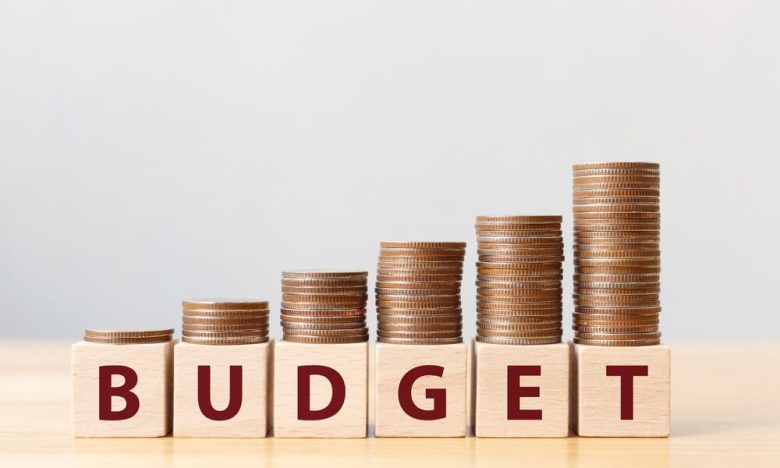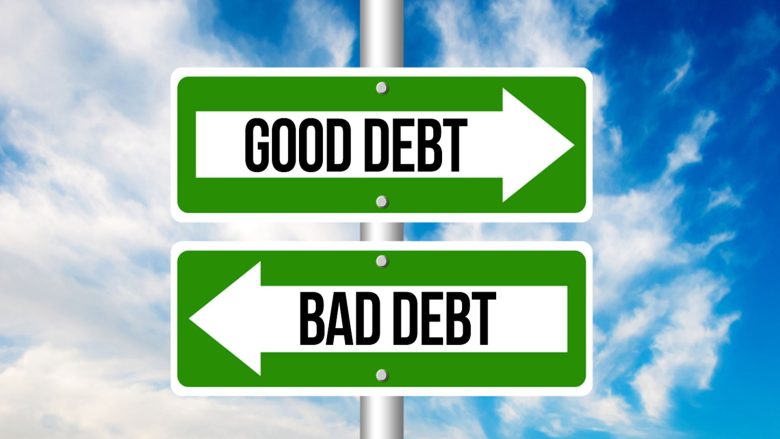Many people overlook the importance of a budget when managing their personal finances. A budget is fundamentally a plan that outlines how you’ll spend and allocate money each month. A budget gives you a clear idea of what your income is, how much money you spend, and what’s left for other priorities. A budget will help you to …
Anyone can become overwhelmed by debt, which transforms financial security into a struggle to make monthly payments and manage interest rates. Some debts are necessary, like student loans or mortgages. However, unnecessary debts often result from poor financial planning and spending habits. The good news is? With a few simple strategies, you can gain control over your finances …
One of the best ways to maintain financial stability and achieve your goals is to save. The sooner you start, the easier it will be to reach your goals. Many people postpone saving because they think they need a higher or more stable income, but even a small saving can make a big difference. Time …
Debt is borrowed money with the promise of repayment (usually with interest). Most people will encounter debt at some point in their lives, whether it’s a mortgage, student loans, credit cards, or personal loans. The word “debt” may sound ominous to those new to it, but not all debt is bad. Debt can help you …
Saving money is important for everyone, but it can be challenging for people on a low income. If you don’t have much money, most of it goes towards basic necessities like rent, food, and bills. But even small savings can add up over time. Saving money isn’t just about putting it aside; it can also …
Personal debt refers to money a person owes to others, such as banks, credit card companies, lenders, or even family members. Personal debt is tied to an individual and their finances, while business debt is closely tied to a business and its operations. This can include credit card debt, personal loans, mortgages, car loans, or …






